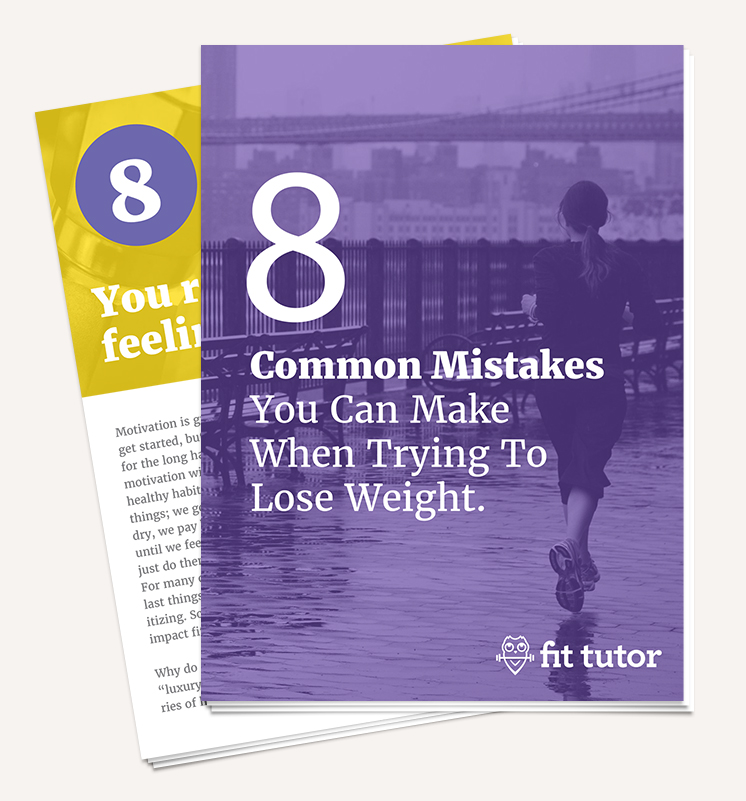A healthy body and mind are a great defense against cravings and a bulwark against stress. Along with a healthy diet and plenty of rest, exercise can be a secret weapon in your recovery toolbox. It will help you combat negative thoughts and feelings and fight off relapse. A good exercise regimen can help you to stay focused on regaining your life and health as you make your way through the recovery process.
A Stronger Body
Regular physical exercise has proven benefits for your health. You’ll grow stronger bones and muscles and improve your immune response. As you get more fit, you’ll enjoy greater stamina and better overall health. Perhaps best of all, exercise can help the brain return to its pre-addiction state, increasing sensitivity to serotonin and norepinephrine. Prolonged drug or alcohol abuse weakens the brain’s sensitivity to these neurotransmitters, which is why it takes ever-increasing amounts of drugs to reach the same high. When your brain becomes desensitized, you’re more likely to slip into depression and anxiety. In practical terms, exercise can enable you to feel pleasure and joy in your life again.
A Stronger Mind
Studies show that 30 minutes of moderate exercise each day can elevate mood as well as some prescription antidepressants. It lowers stress hormones in the body and improves levels of self-esteem. If you participate in team sports or classes, it can help you to improve your social and communications skills and facilitate relationship building. It promotes healing as well as helps you to sleep more soundly. If 30 minutes is too hard to schedule at one time, break it up into 10-minute increments three times a day; it’s just as effective. Consider trying multiple types of exercises to see what you most enjoy. Enroll in an aerobics or spin class to really get the calorie-burning and cardio benefits. Or try stretching and yoga, which is great for the immune system and clearer thinking. When combined with mindfulness meditation, yoga can really help you stay in the moment and focused on your recovery.
Have Fun
The best exercise regimen is one you look forward to eagerly and don’t want to put off. Find a series of activities that you actually enjoy doing. Don’t think of it so much as your exercise routine; think of it more as your playtime. This is a reward you’re giving yourself for the hard work of getting sober, and you should enjoy it! Do you enjoy swimming or dancing? Both are great for cardio. Do you want to get stronger? Consider training with weights. Is there something you’ve always wanted to try, but haven’t made time for? Now is that time. Get outside and do something fun again. Learn a new skill and take up horseback riding, archery, or whitewater rafting. The point is to get your body moving, your heart pounding, and your lungs sucking in gulps of fresh air. Studies show that exercise in green space, such as a forest or woodland, are even more healthful than just going to the gym.
Your workout routine is part of your commitment to a new, healthy lifestyle and a healthier, happier you. It’s the first step on your road to learning how to love yourself. It’s basic self-care, prioritizing your own needs, and learning to meet them properly. As you learn to live a sober life, you will encounter temptations and stresses along the way. Having a healthy body and mind can help you to avoid sliding into relapse, giving you the tools to face those challenges and come away stronger and even more determined to have a better life.
About the Author: This post was contributed by Constance at Recoverywell.org, an organization committed to providing resources and support for those impacted by addiction. Check them out here and pass on this resource to anyone you know whom has been affected by substance abuse.


Comments are closed.